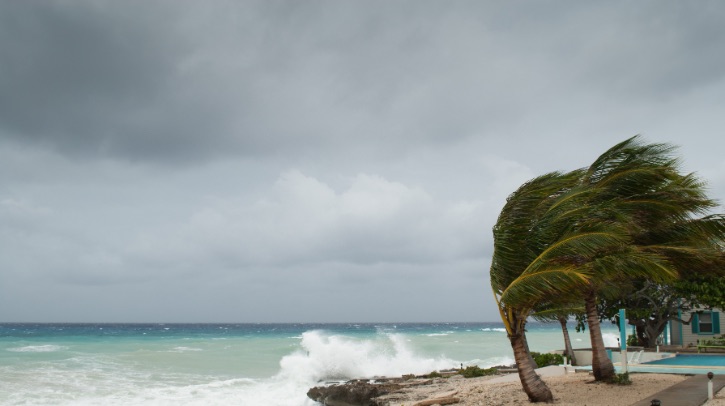Belize, the Bahamas and Suriname have developed Country Work Programmes (CWPs), strategic frameworks that will guide each nation’s efforts to reduce disaster risks and adapt to climate change over the next three to five years. These plans mark a step toward integrating Disaster Risk Reduction (DRR) with Climate Change Adaptation (CCA) across the Caribbean.
These efforts were organized in a collaboration between the Caribbean Disaster Emergency Management Agency (CDEMA) and the United Nations Office for Disaster Risk Reduction (UNDRR), as well as with government agencies, regional and international organizations and community representatives to drive policy analysis, planning and prioritization for disaster resilience.
UNDRR Country Work Programmes
Each CWP is informed by country-specific assessments conducted through the Comprehensive Disaster Management (CDM) Audit Tool, enabling countries to identify gaps and establish clear priorities. The CWPs aim to strengthen national disaster management frameworks while ensuring alignment with global initiatives such as the Sendai Framework for Disaster Risk reduction 2015-2023, the Paris Agreement and the Sustainable Development Goals (SDGs).
The Caribbean faces unique and growing challenges posed by hurricanes, floods, sea-level rise and prolonged droughts. For this reason, the need for anticipatory action and coordinated strategies was emphasized. In Belize, participants identified the importance of integrating traditional knowledge with modern technological solutions to address risk drivers. Stakeholders highlighted the need to leverage both local knowledge and data-driven decision making to ensure timely, inclusive and effective disaster management. Community engagement, youth participation and evidence-based monitoring were identified as key priorities to enhance resilience.
In the case of the Bahamas, the First National Stakeholder Consultation highlighted the importance of inclusivity, policy coherence and evidence-based approaches in developing the Country Work Programme.
In Suriname, participants prioritized establishing a national disaster fund to address financial constraints in preparedness, improving resource allocation and language-specific training for response, enhancing transparency and community engagement in recovery.
Colonel Jerry Slijngard, director of Suriname’s National Coordination Center for Disaster Management (NCCR), stressed, “As we face increasing climate-related challenges, it is essential to integrate comprehensive disaster management into our government policies to protect our communities and build resilience.” This urgent focus has positioned Suriname as one of the most action-ready countries in terms of CWP implementation.
Dynamic action
One of the key outcomes is the recognition that disaster risk reduction and climate change adaptation must be addressed together. The CWPs are designed as “living documents” that can be updated and adjusted as new risks emerge. Unlike static plans, CWPs provide a dynamic framework for responding to changing risk conditions, ensuring that response actions remain relevant and effective over time. This adaptive approach is vital for the Caribbean, where the frequency and intensity of climate-related hazards continue to increase.
The CWP process emphasized collaboration across sectors. By engaging government institutions, private sector actors, civil society and community stakeholders, the exchange is intended to promote a shared sense of ownership and accountability. This multi-stakeholder approach not only strengthens local capacity but also supports policy coherence and alignment with global resilience frameworks. The result is a stronger, more inclusive approach to disaster risk management that ensures all voices are heard, from national authorities to local communities.
UNDRR asserts that the experiences of Belize, the Bahamas and Suriname demonstrate how CWPs can serve as essential roadmaps for resilience building. These plans are not merely policy documents – they are operational tools that guide investments, resource allocation and capacity development. By linking DRR with CCA, CWPs enable countries to reduce vulnerability, enhance response capacity and safeguard livelihoods and ecosystems.
As the Caribbean faces mounting climate-related hazards, the development of CWPs offers a clear path toward a more resilient future. Belize, The Bahamas and Suriname are setting a precedent for other nations in the region, showcasing how integrated DRR-CCA planning can drive meaningful action. Their efforts highlight that building resilience requires not just planning but also sustained implementation and continuous adaptation.
In related news, the National Technical Consultation Workshop on Disaster Tracking, Data Management and Early Warning Systems for Somalia recently concluded in Nairobi, Kenya. Click here to read the full story.



